The Tales of Hoffmann (1951, UK, Powell & Pressburger)
Powell and Pressburger have gone and filmed an opera! They’re mad! Mad! Watched it all. This is basically the two hour equivalent to the ballet scene in The Red Shoes. As with all their movies, my reaction is partly amazement that such a thing can exist at all. Unlike most of their movies, though, that amazement is more or less all there is to it. But still .. !
Let’s Make it Legal (1951, USA)
So now Marilyn Monroe is at third billing, and rising. Watched: 3 minutes, then fast forwarded to find her scenes. I still don’t quite get Marilyn Monroe. There’s something annoying about the way she slurs her words. Did she get less annoying later?
Varieties on Parade (1951, USA)
Hey this is unexpectedly enjoyable: It’s a vaudeville show put on film, with no stupid plot lines or stars, just ordinary vaudeville stars doing stand-up, acrobatics, music, animal tricks, magic, etc. And it’s actually really enjoyable. Friendly. Watched it all. It’s .. it’s the Muppet Show. I finally get the Muppet Show now! They were doing vaudeville with puppets!
Appointment With Danger (1951, USA)
So, in the series of movies based on the Exciting! Thriller! Breathtaking! Death-defying! life of government officials, we’ve now come to the postal inspector?! Is this for real? Watched: 3 minutes.



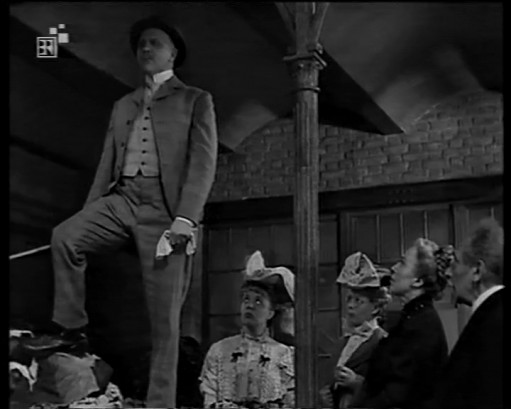

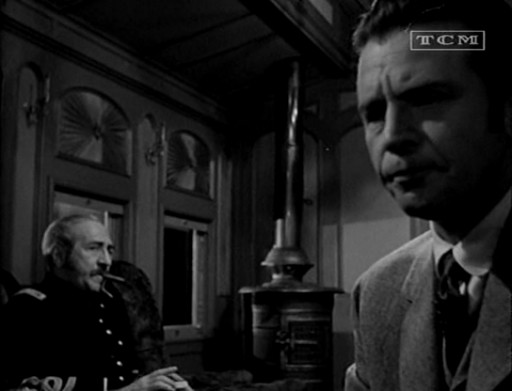
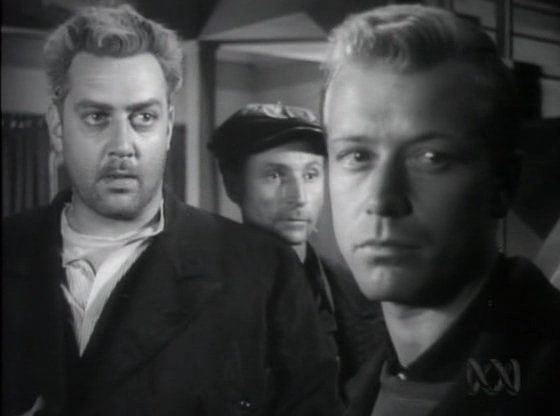
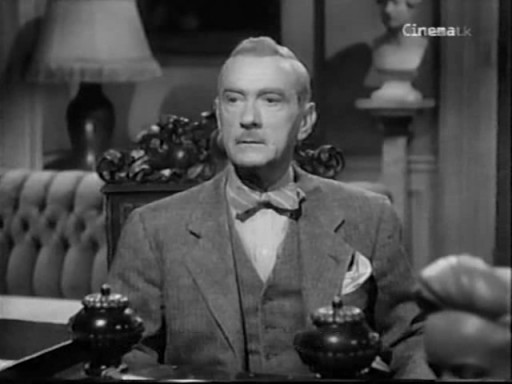









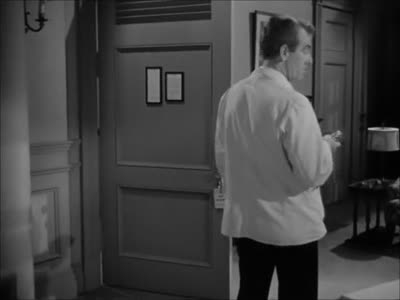
 Louis B. Mayer (1884 – 1957) was
Louis B. Mayer (1884 – 1957) was